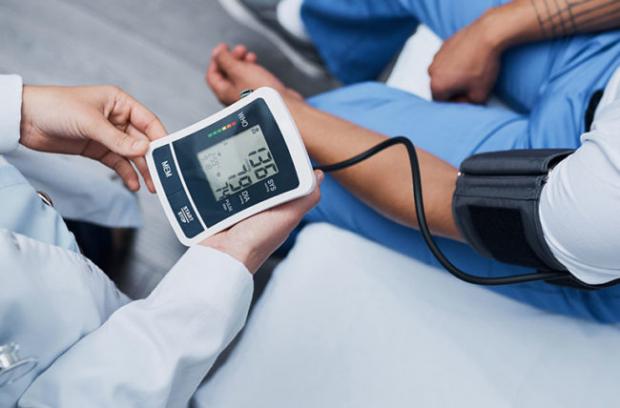
Breaking News
 Silver's $3 Trillion Stress Test
Silver's $3 Trillion Stress Test
 BlackRock Just Confirmed the Worst-Case Scenario
BlackRock Just Confirmed the Worst-Case Scenario
 A COMEX report says JPMorgan closed its silver short around ~$78.
A COMEX report says JPMorgan closed its silver short around ~$78.
Top Tech News
 How underwater 3D printing could soon transform maritime construction
How underwater 3D printing could soon transform maritime construction
 Smart soldering iron packs a camera to show you what you're doing
Smart soldering iron packs a camera to show you what you're doing
 Look, no hands: Flying umbrella follows user through the rain
Look, no hands: Flying umbrella follows user through the rain
 Critical Linux Warning: 800,000 Devices Are EXPOSED
Critical Linux Warning: 800,000 Devices Are EXPOSED
 'Brave New World': IVF Company's Eugenics Tool Lets Couples Pick 'Best' Baby, Di
'Brave New World': IVF Company's Eugenics Tool Lets Couples Pick 'Best' Baby, Di
 The smartphone just fired a warning shot at the camera industry.
The smartphone just fired a warning shot at the camera industry.
 A revolutionary breakthrough in dental science is changing how we fight tooth decay
A revolutionary breakthrough in dental science is changing how we fight tooth decay
 Docan Energy "Panda": 32kWh for $2,530!
Docan Energy "Panda": 32kWh for $2,530!
 Rugged phone with multi-day battery life doubles as a 1080p projector
Rugged phone with multi-day battery life doubles as a 1080p projector
 4 Sisters Invent Electric Tractor with Mom and Dad and it's Selling in 5 Countries
4 Sisters Invent Electric Tractor with Mom and Dad and it's Selling in 5 Countries
If You Have High Blood Pressure, Avoid These Foods

Over three-fourths of our salt consumption comes from sneaky sources.
From the type of cheese you buy to condiments, many foods sneak salt, sugar, and fats into your diet. Once you know about these foods, you can avoid them--and gradually lower your blood pressure. Learn about the foods that people with hypertension should avoid.
Don't Pick Pickles
Although they're tasty, pickles are the epitome of "salty food." A medium-sized pickle supplies a max of 800 mg of salt, over half of your daily recommended dose on a low-sodium diet. In 2018, a study by LiveStrong confirmed that eating pickles raises blood pressure.
As with all high-sodium foods, pickles are fine in moderation. But combined with other salty foods--deli meat sandwiches, cheeses, and hot dogs--will heighten your salt intake considerably. Salt places greater pressure on your blood vessels, which increases blood pressure. If you like pickles, restrict your serving sizes.
Condiments Are Sneaky Salt Sources
Salt sneaks into almost every condiment. For instance, ketchup supplies 160 mg of salt per tablespoon. Teriyaki sauce marinades have almost 700 mg of sodium. Soy sauce is the worst: 1,500 mg of salt per one tablespoon! And many people glaze more than one tablespoon on their meals.
The American Heart Association recommends finding low-sodium alternatives. You can make your own hot sauce, BBQ sauce, and ketchup at home. For salad dressings, hunt down a fat-free or "light" version. And always remember to measure out your portions.

 The Trump Show
The Trump Show 

